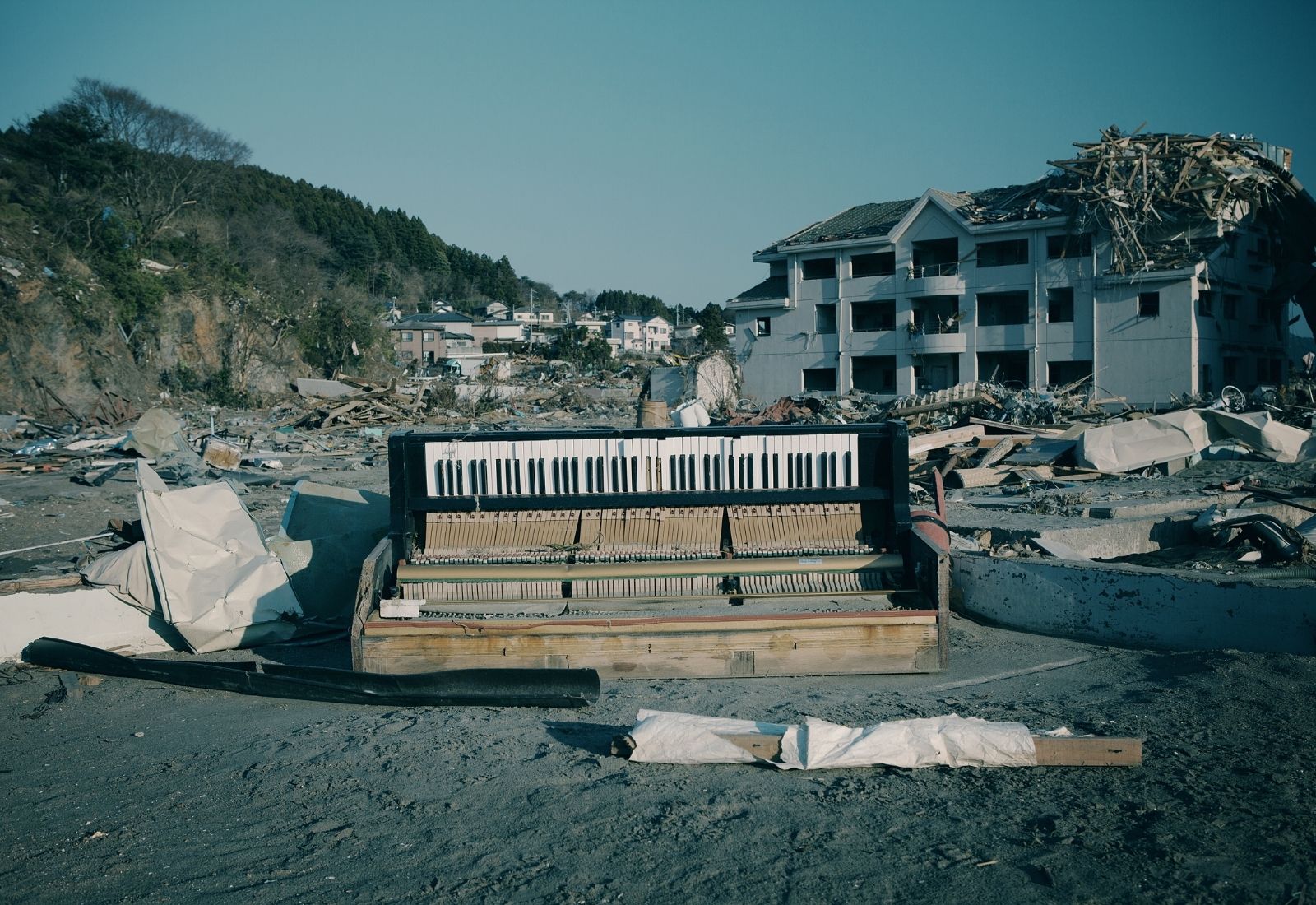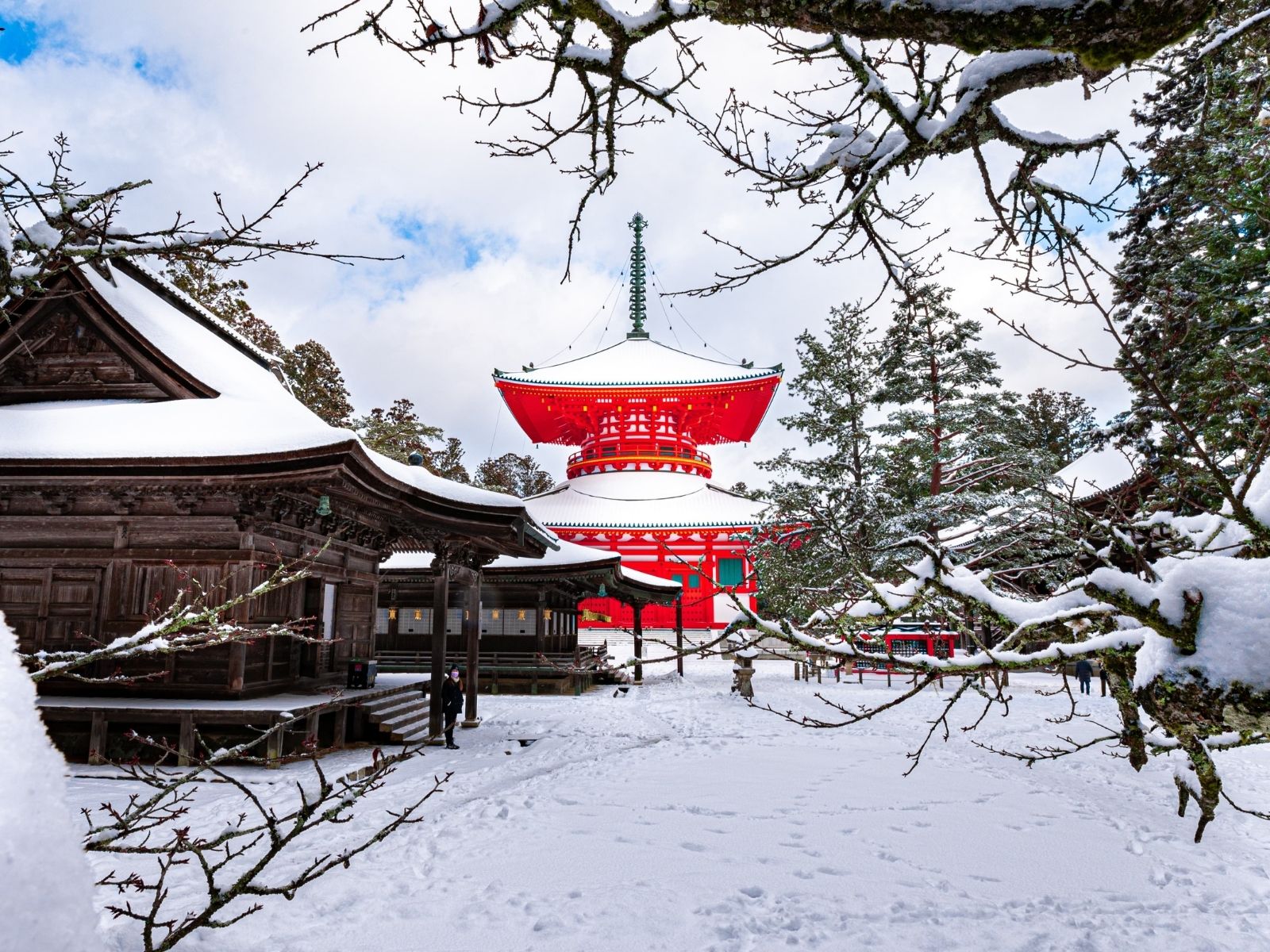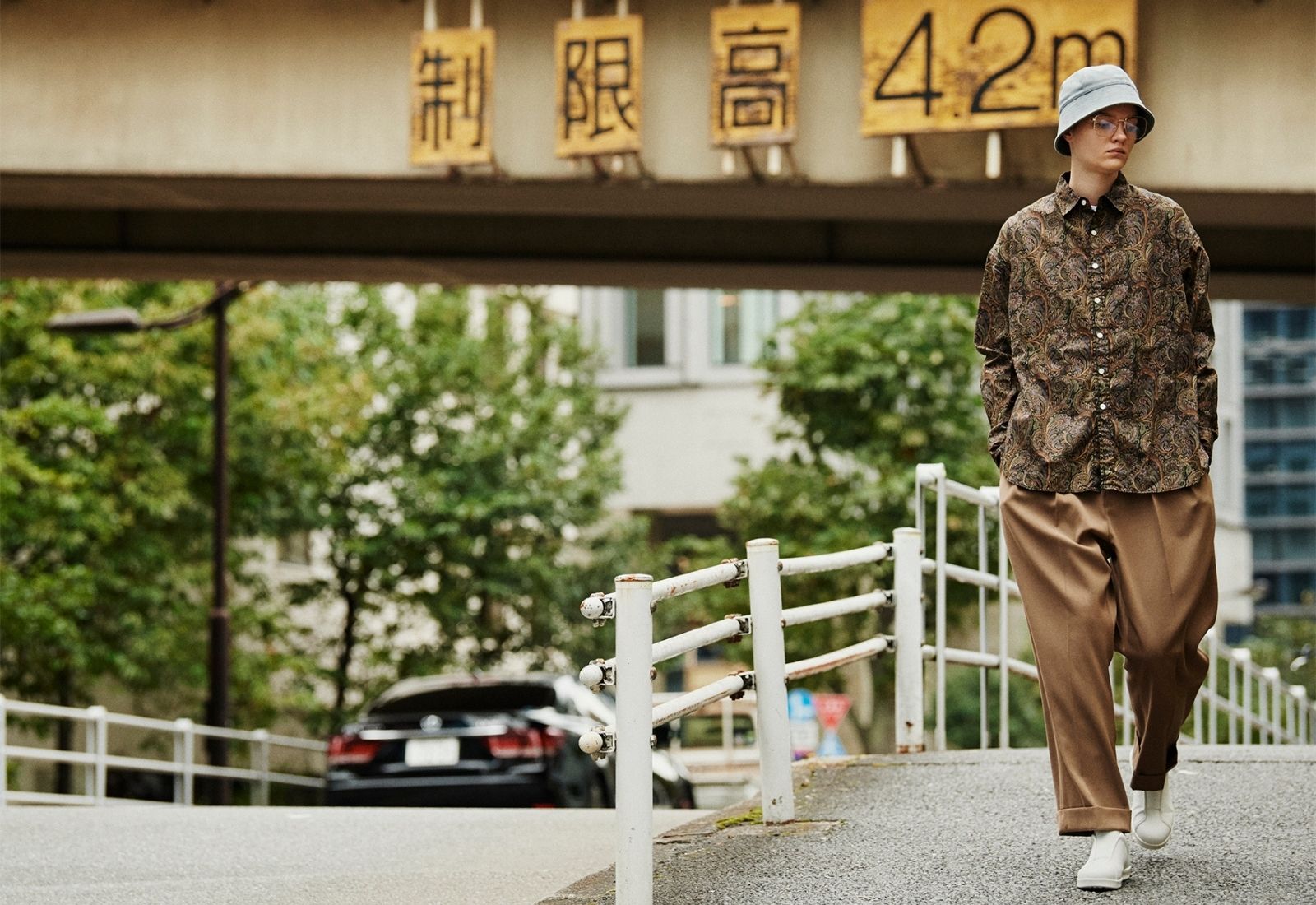
FUKUSHIMA: TEN YEARS LATER
March 11, 2011, Fukushima, 2.46 pm local time . A magnitude 9 earthquake hits the northern area of the country with its epicenter in Miyagi prefecture: it is the most powerful earthquake to ever hit Japan .

The disaster caused in the city of Fukushima © Fly And Dive
After the tremors, a powerful tsunami is generated with waves of over 10 meters - the highest recorded will measure almost 40 - which causes a nuclear disaster, the largest after Chernobyl and the first ever in the history of Japan, involving power plants. Fukushima, Onagawa and Tokai.

The so-called “Miracle Pine” of Fukushima © Hit1912
Japan is historically an area at high seismic risk because it is within the so-called "ring of fire" , a horseshoe-shaped area that extends from the Tonga Islands to Peru and which coincides in proximity to the Japanese island the meeting point of four tectonic plates .
Awareness and education activities are historically rooted in the country, so much so that, already following the great Kanto earthquake in 1923, the National Disaster Prevention Day dedicated to raising awareness on this issue was even established on 1 September , during which millions of citizens participate in massive general exercises. In schools, students participate in simulations up to once a month and national law requires specific mandatory training for everyone at least twice a year.

One of several exercises held regularly in Japan © MMYasin
There are various measures for the prevention and real-time monitoring of dangerous situations: from the construction of earthquake-proof buildings to the launch of timely and effective communications, passing through solutions related to mobility and transport. In fact, since Japan is crossed by a very dense railway network , in order to guarantee the safety of all passengers, the trains are equipped with anti-seismic sensors which are activated to stop vehicles moving in the risk area, allowing passengers to take shelter and move away from dangerous areas.
Many Japanese have earthquake survival kits - which can be purchased for their homes and often provided in offices - in which they can find first aid materials, bottled water, food rations, gloves and helmets, masks, thermal blankets, torches and radios .

The very popular emergency kit in Japan © Yoshi0511
There are many projects at national and international level to support the local population and the rebirth of the territory : from reforestation actions carried out by groups of volunteers to raising awareness among citizens, from the writing of books on the consequences of this tragic event to the reconversion of factories, to arrive at the creation of products and objects developed with recycled materials.
We can cite as examples of this virtuous cycle the stools by Channel Factory , made with waste from material found after the disaster caused by the tsunami waves, and the Miracle Roll fabric by Saito-Sangyo , made with plants and silk, which combines a strong antibacterial effect with the ability to create infrared rays, therefore heat.

A memorial for the victims of Fukushima © Nishi81
Ten years after the catastrophe , Fukushima is today involved in a large project in the area, which looks to the future and to renewable energy : an important project has been launched for the construction of 11 solar power plants and 10 wind power plants on contaminated and abandoned land, for a conversion that should be completed by 2024.
TENOHA E-SHOP
the first Japanese concept store in Europe: online
Saiei 3D Silk Mesh Mask - €72.00
Fukushima Stool Mini - €167.00
Rains Mountaineer Bag - €120.00
Every day is a good day. Fifteen joys that tea taught me - €16.00










